- News
-
-
-
-
-
Latest News Articles
- WSB: Study tests accuracy of thermal drone surveys April 26, 2024
- Computer model explores Tribal use of fire for ecosystem health April 26, 2024
- 2024 TWS Elections: Southwest Representative April 25, 2024
-
-
-
- Wildlife Professional Resources
-
- Our Network
-
- PUBLICATIONS
-
-
Recent Posts
-
 The Wildlife Professional November/December Issue
November 1, 2023
The Wildlife Professional November/December Issue
November 1, 2023
-
-
-
-
-
-
- Wildlife Events
-
-
-
Upcoming Webinars
- No Events
-
-
-
- Who We Are
-
Category: TWS Wildlife News
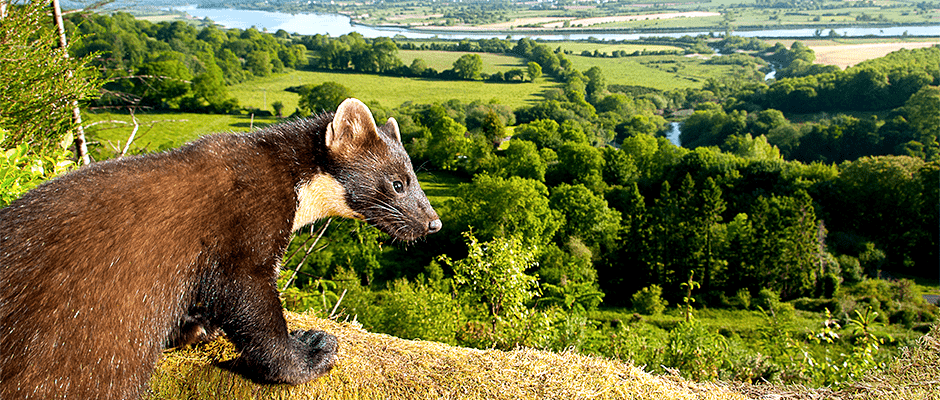
March 19, 2018
In united animal kingdom, martens control invading squirrels
North America has its share of invasive species to contend with, but our own natives have been known to become invasives abroad, too. In the United Kingdom, where invasive American...
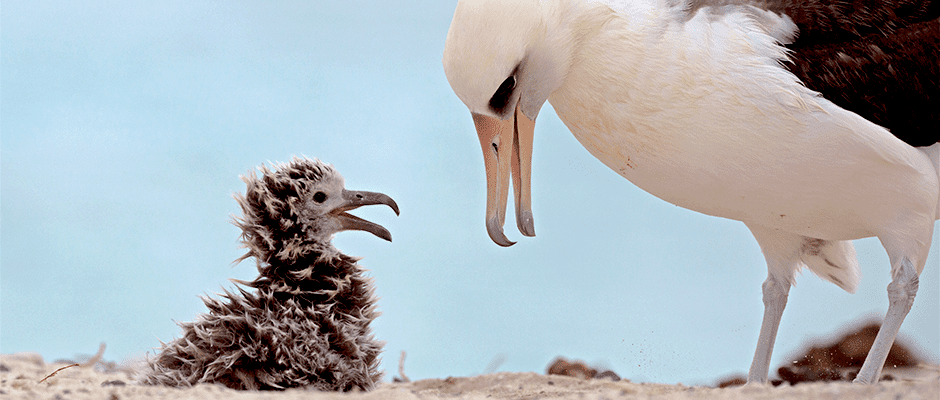
March 15, 2018
Over more than a century, seabirds have changed prey
Seabirds in Hawaii have changed their prey preference over the last 125 years, according to new research, suggesting that more birds are consuming squid rather than fish. This shift to...

March 14, 2018
Committee brainstorms fix for maintenance backlog
The House Natural Resources Committee is discussing how to handle the deferred maintenance backlog in Interior Department agencies. Interior has around $16 billion in deferred maintenance projects, $11.6 billion of...
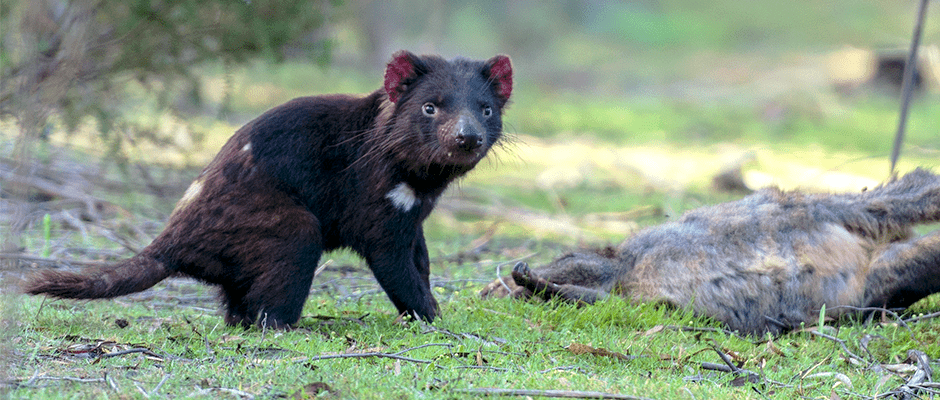
March 14, 2018
Tasmanian devils decimated by face cancer
In 1996, a wildlife photographer in northeastern Tasmania snapped the first records of Tasmanian devils (Sarcophilus harrisii) with lesions marring their faces. Researchers recently found that since then devil facial...

March 13, 2018
USFWS takes middle-ground on trophy imports
The U.S. Fish and Wildlife Service has reversed a ban on trophy imports for several African species while simultaneously withdrawing findings that gave broader permissions for importation. The Service will...
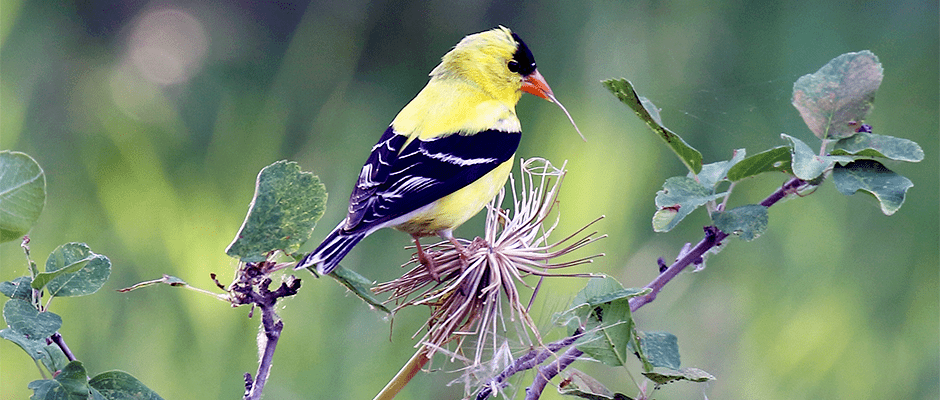
March 12, 2018
Malaria parasites are fewer in some tropical birds
Some tropical birds have fewer malaria parasites in their blood than temperate birds, related to longer egg incubation periods, according to new research. In the study, led by University of...

March 12, 2018
Sick bees choose healthier food sources
Sick bees tend to consume higher-quality pollen compared to healthy bees, according to new research. In a study published in Microbial Ecology, researchers were curious about how parasites impact the...
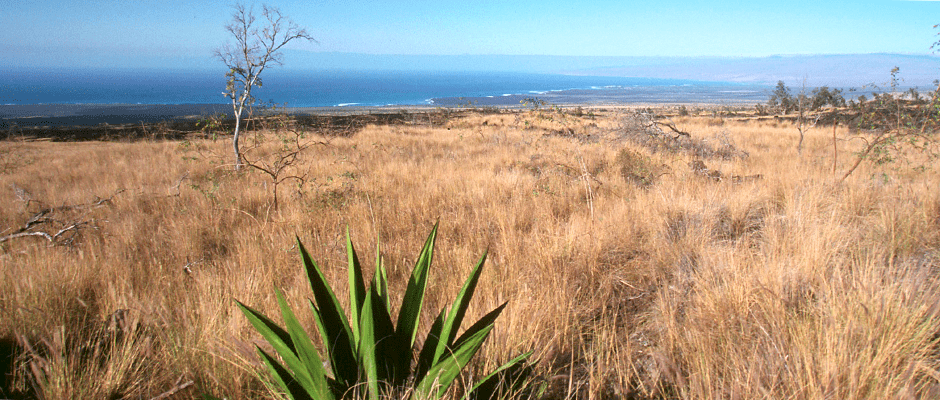
March 9, 2018
Invasive rodent communities shift after habitat restoration
Loss of habitat continues as one of the greatest threats to native species and biodiversity. Thus, restoring native habitats has become a key conservation activity around the world. A shift...

March 8, 2018
Who’s smuggling what where? It’s complicated, research finds
From elephant ivory to caiman skin and caged parrots, the international wildlife trade traffics thousands of tropical products around the world and puts all kinds of species at risk. A...
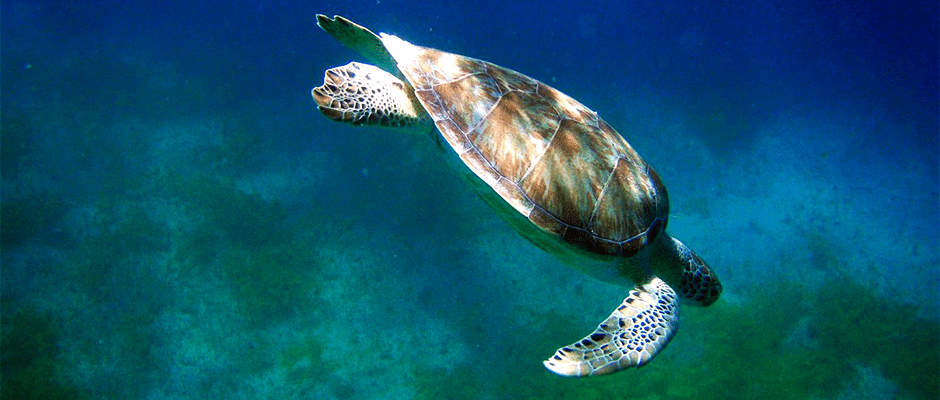
March 8, 2018
Endangered Mexican sea turtles at risk of bycatch
On a Baja California Peninsula beach, sometimes over 1,000 sea turtles a year unexpectedly wash up dead because local fishermen incidentally entangle them offshore. Analyzing these animals’ bones, researchers discovered...

